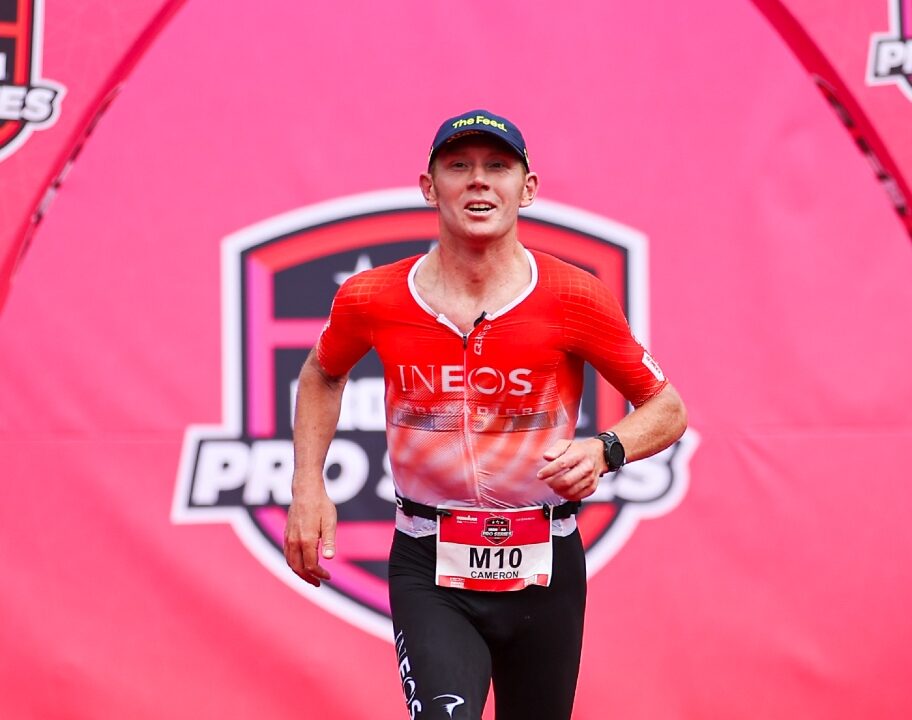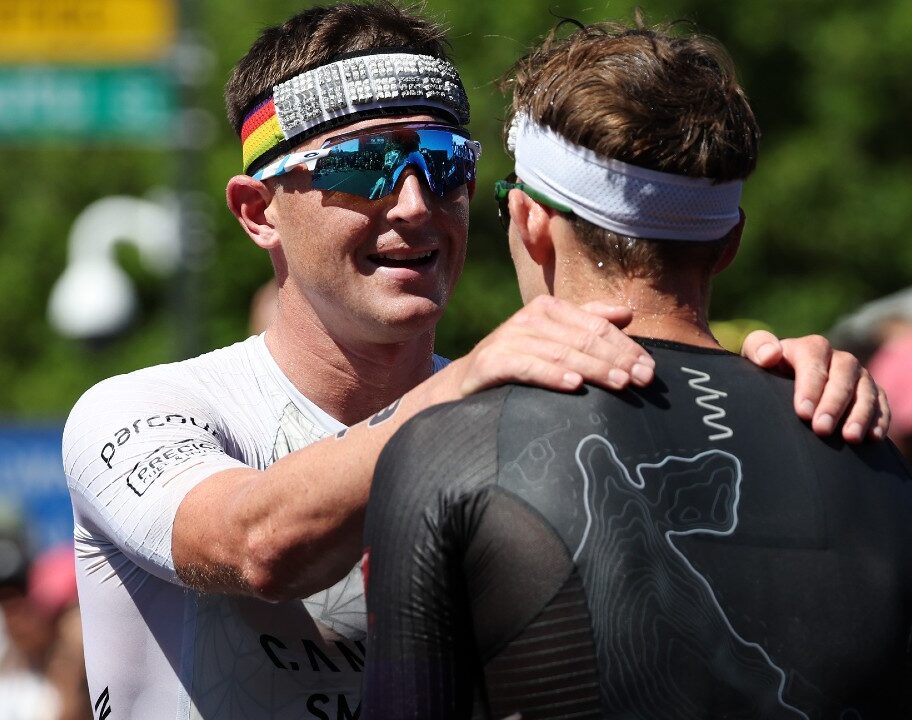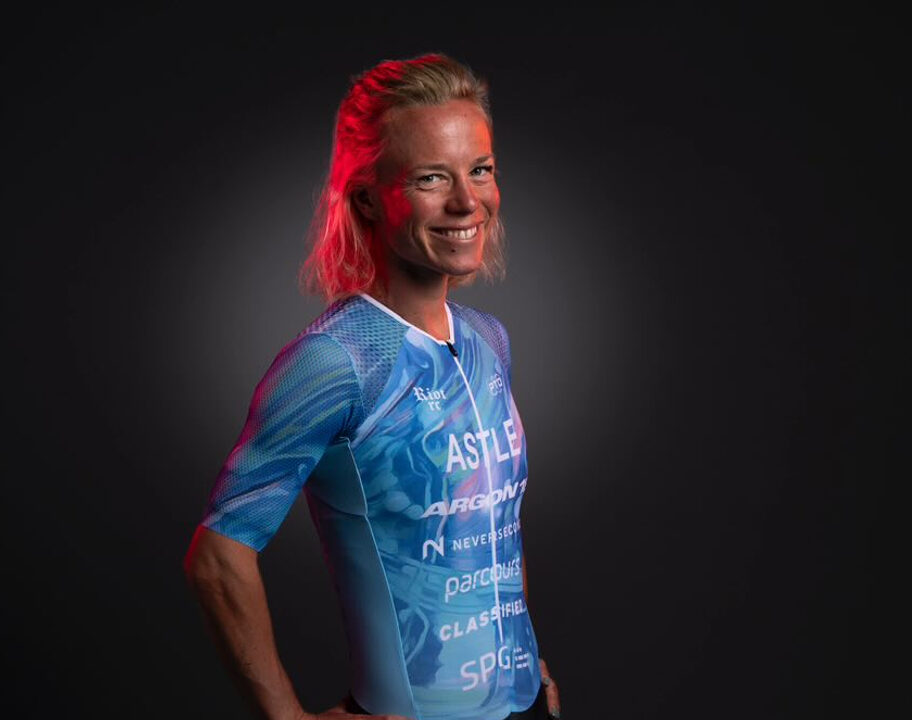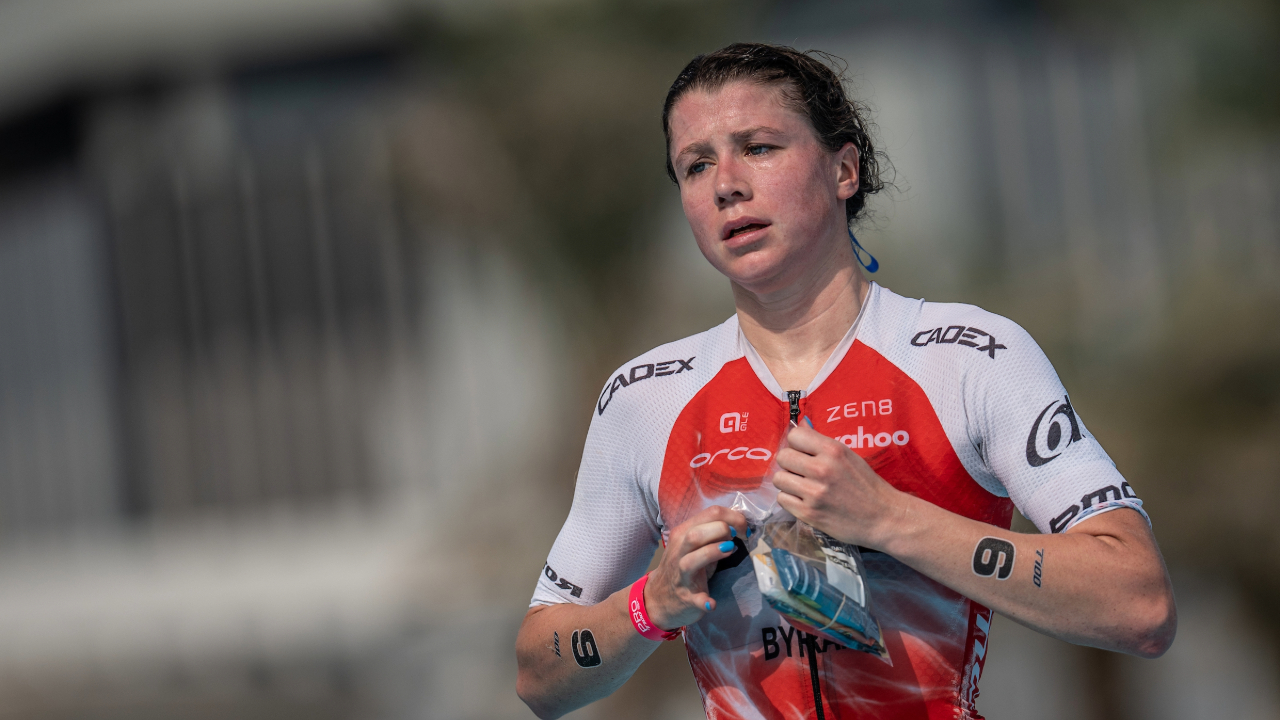One of the most experienced and esteemed triathlon coaches in the sport, David Tilbury-Davis has worked for almost three decades as a self-declared “Shaman of success”.
More than deserving of that title, Tilbury-Davis has previously coached the likes of Lionel Sanders and David McNamee to major successes, plus more recently Ashleigh Gentle, who under his guidance this season won the PTO Tour Asian Open title.
In a recent interview with TRI247, the Loughborough University graduate shared what motivates him to keep coaching after so long in the sport, the challenges you have to overcome when coaching at an elite level and the vital lessons he learns from every one of his athletes.
“It’s a job incredibly easy to be incredibly passionate about”
Asked why he is still coaching after such a long time in an ever-evolving sport, Tilbury-Davis said that the fact triathlon keeps growing and developing is part of the reason he remains so driven and motivated to continue to chase results.
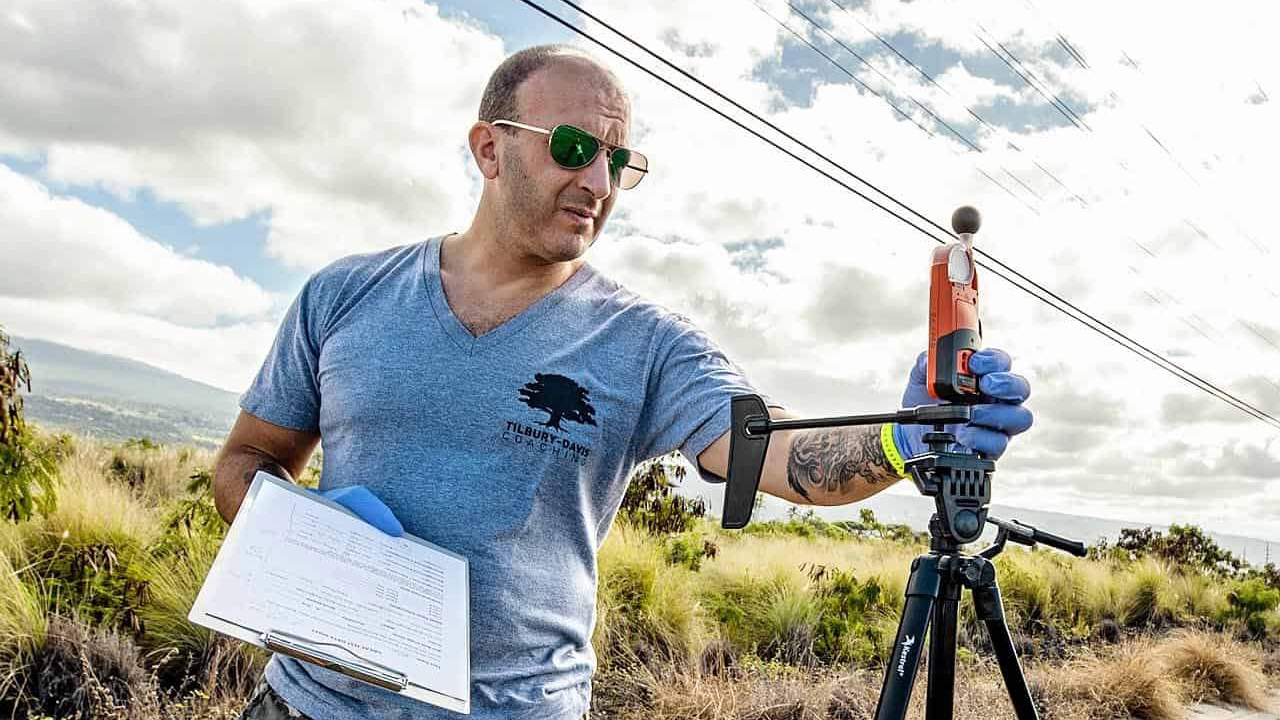
“The fact that it is continuing to evolve and performance is a continuum, it’s the classic John Wooden quote of ‘Success is pursuing perfection but never achieving it’ and that is the reality of it.
“Even in situations where I have gone after an hour record in cycling, or tried to get an athlete to be the best in the world, if and when we get there, there is still more to do and more to build on.”
In addition to the addictive nature of chasing success, the Brit says that an often overlooked factor that is more commonly associated with world-class athletes, imposter syndrome, is responsible for driving a lot of coaches too.
“What you find in coaching at an elite level is the sort of imposter syndrome that many athletes suffer, and I don’t mean suffer in a bad way – it’s a driver – is also the thing that drives coaching.
“I’m paraphrasing from an interview that Eddie Jones did, but he said on the one hand half the time you feel like the king of the world and on the other hand you spend half the time completely insecure over whether you’ve done this right or could you have done this better.
“It’s that constant state of pursuing perfection that makes it a job I find to be incredibly easy to be incredibly passionate about.”
Learning and creating better people
Having worked with some of the biggest names – and biggest characters – of the sport, Tilbury-Davis says that no single athlete has taught him the most, but that each athlete that comes to him helps him learn something that he takes forward in his work.
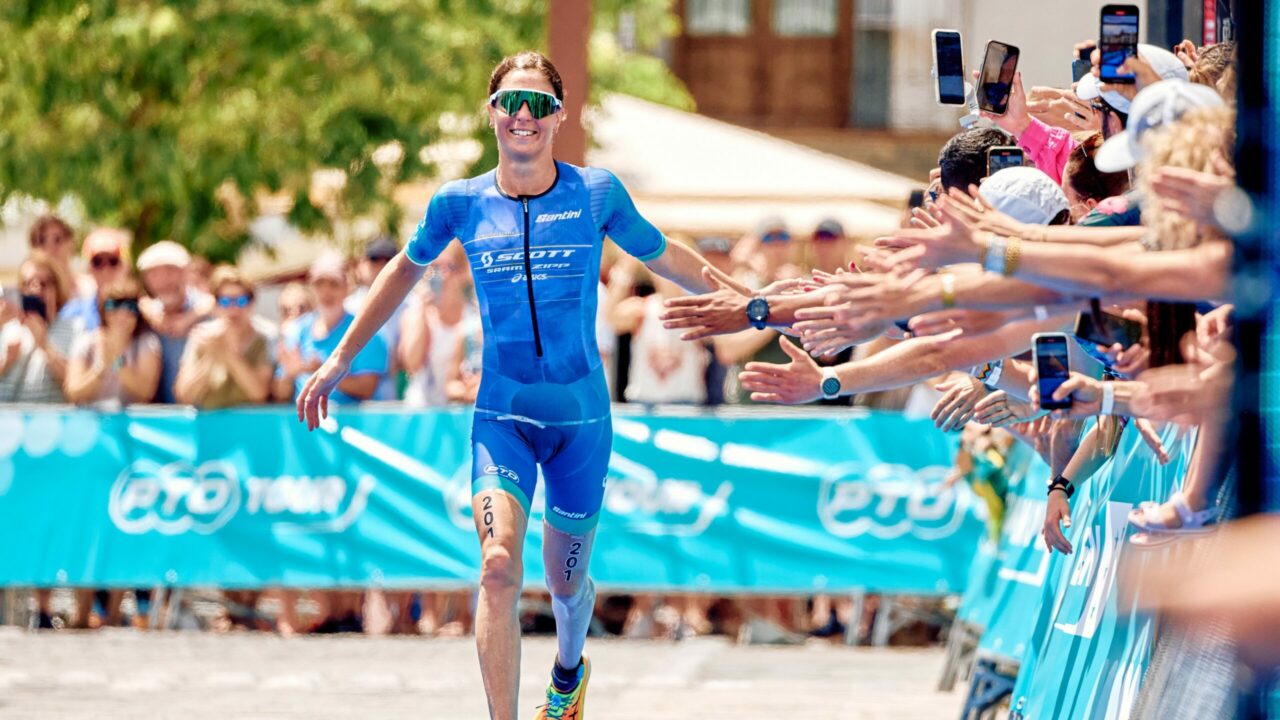
““I would say that every single athlete I have coached over the years and that I continue to coach teaches me something. I’m 50, I’m white, I’m English speaking and I’m a male, so when I am coaching athletes all over the world, I am constantly having to be aware and sensitive to power dynamics based on age, gender dynamics, cultural dynamics and language dynamics.
“When I am coaching someone from a Latin culture, or a Scandinavian culture or an Australian culture or an American culture, I have to be sensitive to all these things, so I am constantly learning from the athletes.
“I’ve never coached as a dictatorship, people come to me, they say that they want to be better and ask me to solve the puzzle. I try to get the best out of people based on their own physiology, their own history, their own circumstances and their ability to open up. Every athlete I have worked with or work with is constantly teaching me as much as I am teaching them.”
When it comes to working with such a variety of people and personalities, getting an insight into what drives people is key to a successful training plan and helping people develop not only as an athlete but also as a person is very important to Tilbury-Davis.
“Getting an insight into people’s personalities and motivations and who they are as people is very important. When I coach people and they leave me, I hope they leave me not just as better athletes but as a better person and that’s always my hope. I wouldn’t want to be remembered by an athlete for a performance I helped them with, but a lesson in life they got whilst working with me.”








